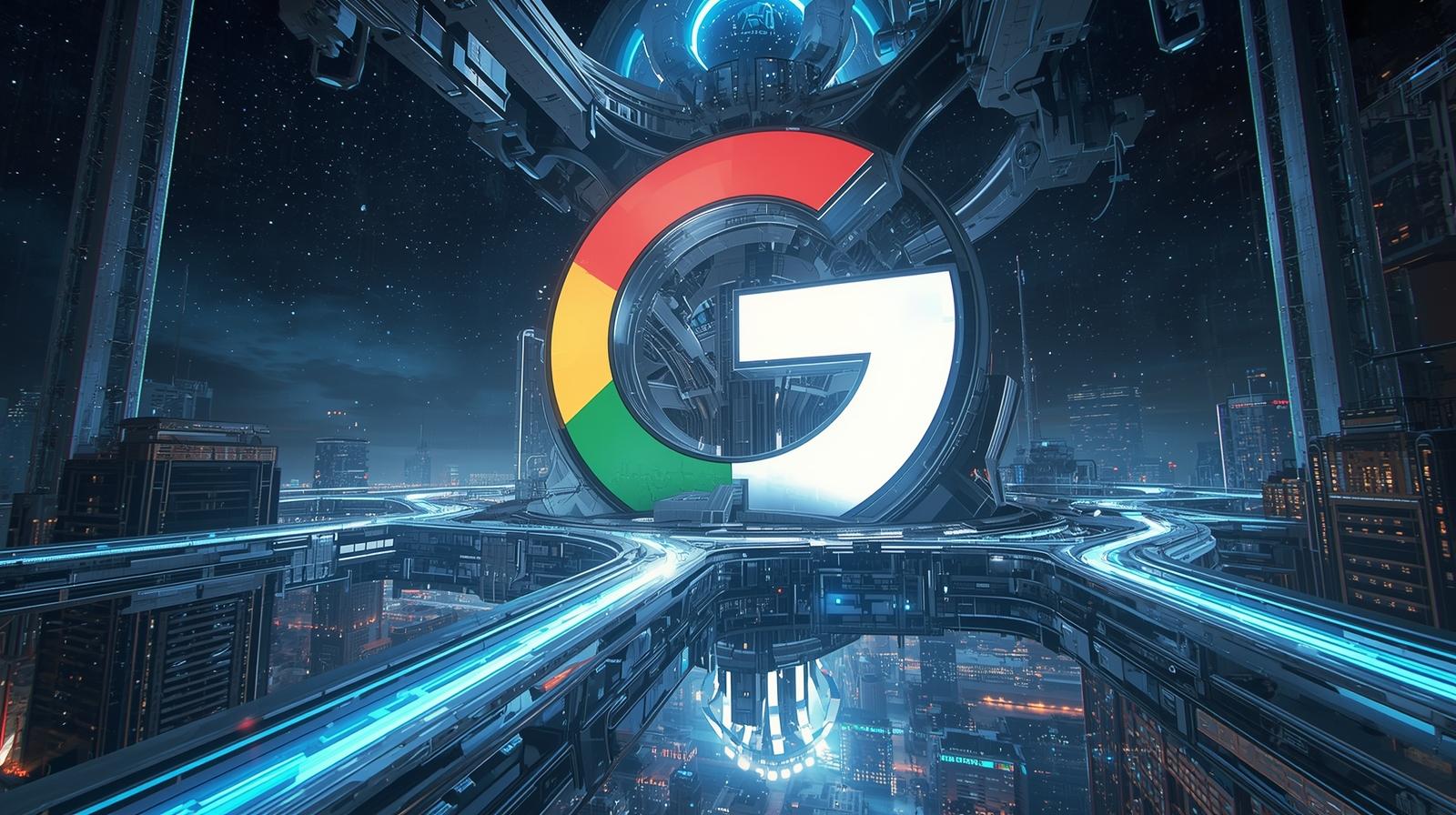Artificial Intelligence (AI) is rapidly transforming the way we live and work. From automating repetitive tasks to making complex decisions, AI technologies are reshaping industries worldwide. But this revolution also raises a crucial question: How much does artificial intelligence threaten human jobs? In this blog post, we explore the impact of AI on employment, the jobs most at risk, and how workers can adapt to this changing landscape.
The Growing Influence of AI in the Workplace
AI technologies, including machine learning, natural language processing, and robotics, have become increasingly capable. They can now perform tasks that were once thought to require human intelligence, such as data analysis, customer service, and even creative work like content generation.
According to a 2023 report by the World Economic Forum, by 2030, AI and automation could displace up to 85 million jobs worldwide. However, the same report also predicts that AI will create 97 million new jobs in emerging fields and roles that require human-AI collaboration.
Jobs Most Vulnerable to AI Automation
Certain jobs are more susceptible to automation due to their repetitive and predictable nature. These include:
- Manufacturing and assembly line jobs: Robots and AI-driven machines can perform precise, repetitive tasks faster and more accurately.
- Data entry and administrative roles: AI-powered software can process and organize data more efficiently.
- Customer service: Chatbots and virtual assistants handle routine inquiries without human intervention.
- Transportation: Self-driving vehicles could reduce the need for drivers in the future.
However, jobs that require creativity, emotional intelligence, critical thinking, and complex problem-solving are less likely to be replaced by AI.
How AI Can Complement Human Work
Rather than simply replacing jobs, AI often serves as a tool to augment human capabilities. For example:
- AI can handle tedious data processing, freeing employees to focus on strategic tasks.
- In healthcare, AI aids doctors by analyzing medical images, improving diagnostics.
- In marketing, AI helps analyze consumer data, enabling more personalized campaigns.
This human-AI collaboration creates opportunities for new roles and industries.
Preparing for the Future Job Market
To thrive in an AI-driven world, workers need to:
- Develop new skills: Focus on creativity, emotional intelligence, and complex problem-solving.
- Embrace lifelong learning: Stay updated with technological advancements and adapt to new tools.
- Pursue tech-savvy roles: Gain expertise in AI-related fields like data science, machine learning, and robotics.
- Leverage uniquely human skills: Leadership, empathy, and ethical decision-making remain crucial.
Governments and organizations must also invest in retraining programs and support transitions to new careers.
Conclusion: A Balanced Perspective on AI and Jobs
While AI presents undeniable challenges for certain jobs, it also offers vast opportunities for growth and innovation. The extent to which AI threatens human employment depends largely on how individuals, businesses, and societies respond to this technological evolution.
Adapting to change and embracing AI as a collaborative partner will be key to securing a prosperous future in the workforce.












